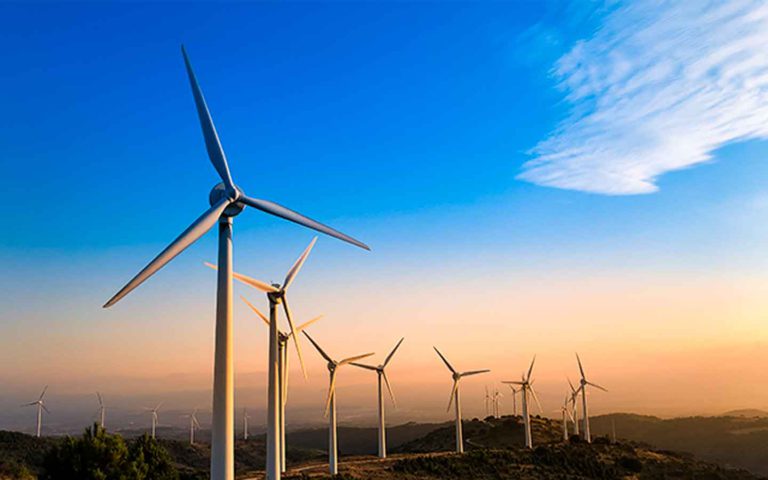In the midst of the climate crisis, several local associations have signed commitments to rethink their processes and take the step towards the migration to cleaner energy matrices, where new technologies are fundamental to their concession.
Just a few days ago, two important associations, the Chilean Association of Renewable Energies and Storage (Acera A.G.) and the National Association of Energy Efficiency Companies (Anesco Chile A.G.), joined forces under an agreement that will allow collaboration between them to develop and promote joint measures in the implementation of energy efficiency projects, to contribute to the transition towards cleaner energy in the midst of the global climate crisis.
According to experts, this type of initiative is essential in the current energy and climate context, where technologies have much to contribute to these effects. “Energy efficiency seeks to maximise productivity or comfort, using the minimum energy consumption. This has been implemented in various areas for some years, for example, about 10 years ago, we talked about LED lights or solar panels, however, every so often the technology evolves and that means looking for better efficient alternatives and at a lower cost, in general,” says Mauricio Jiliberto, Executive Director of Safira Energía, (www.safiraenergia.cl), energy trader that delivers innovative solutions to companies and helps them to transform their energy matrix.
In this regard, the expert indicates that the technologies implemented depend on each sector. For the residential sector, the replacement of luminaires is important, but for an agricultural sector, the replacement of pumps or cooling systems may be more relevant in terms of consumption levels. Depending on the technology, there may be better returns on investment, depending on the case.
“There are companies that have to comply with the energy efficiency law, or that have a clearer vision of energy management and have been able to better control their consumption. We hope that everyone will be able to understand their consumption and, at the same time, manage it to achieve economic and environmental benefits,” he says.
Future
According to the expert, due to global zero-emission targets, it is estimated that there will be the electrification of the different processes in production and service companies. For this reason, it is necessary to improve energy management in order to meet the deadlines and, for this, a lot of technological innovation and significant financial investment are required.
“In the same way that business intelligence is done today, energy intelligence must also be done. We dare to say as a company that ‘the future is electric and technological’. As each company is a universe of possibilities, so far at Safira Energía, we have visited our clients to carry out energy diagnostics. From these results, we generate proposals for projects to be developed and aligned with the company’s vision, needs and opportunities. For example, electromobility can be implemented through the conversion of engines, monitoring consumption directly to machines to manage production processes, or the implementation of batteries (which also helps in the mission of de-stressing the system), among other actions that each productive organisation should begin to analyse and activate”, says Mauricio Jiliberto.










